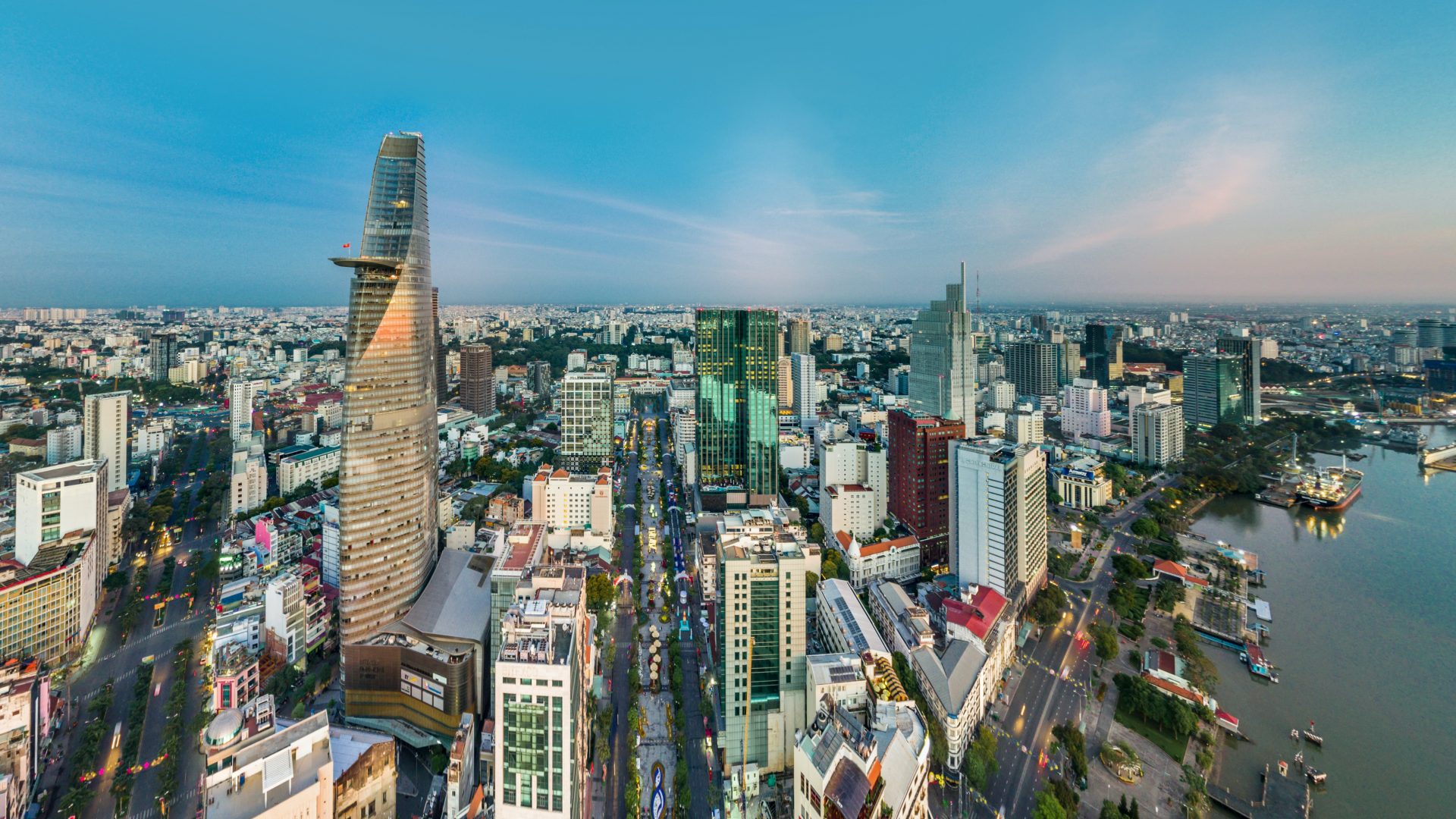The Next Big Trend: Asian Impact Investing
As businesses in Asia expand and require more funding from financial markets to support their growth, promising opportunities in the region have likewise emerged for impact investors. These investors are interested in making a positive impact on society or the environment, while also seeking financial returns. By providing capital to these growing Asian companies, impact investors can contribute to their success and, at the same time, support initiatives that address various social or environmental challenges.
Over the last 15 years, the practice of impact investing has seen significant growth, especially in Southeast Asia. Investors have committed more than two-thirds (67%) of the total capital invested in a ten-year span from 2007 to 2016 in just the last three years (2020-2022). Impact investors have put about 40% more money into 40% more projects during this recent three-year period compared to the previous three years (2017-2019). Development finance institutions (DFIs) have consistently invested around US$2 billion each year over the past six years, following a period of steady growth from 2007 to 2016.
Impact investing has the potential to bring significant positive changes to Asia’s economy and society. However, there are still challenges that need to be addressed. One of the sessions at the Horasis Asia Meeting, scheduled for December 3-4, 2023, in Binh Duong, Vietnam, will focus on inspiring investors to move from theory to action, creating opportunities for real impact. This event will bring together 300 CEOs, entrepreneurs, and influential government representatives from Southeast Asia and beyond. The main goal of the meeting is to explore key trends that will shape Vietnam’s economy and drive it towards an exciting new phase of global growth.
Impact Investing Potential
Impact investors, entrepreneurs, and ecosystem enablers alike expressed optimism about the Asian market because of its size, economic growth, and demographic trends. Opportunities for impact investing stem from the demand and supply side and also from the ecosystem itself.
In rapidly growing Asia, many early-stage businesses are seeking funding. There’s an opportunity to bridge this funding gap by tapping into the substantial pool of high-net-worth individuals and family offices in countries like Indonesia, the Philippines and Thailand, who are showing increased interest in impact investing. They’re not only giving grants; they also aim to make their philanthropy more accountable and sustainable. This capital can be used for impact investing directly or by creating hybrid capital models to boost the risk tolerance of existing impact investors in the area.
Investors can also explore new sectors for impact, like addressing rising greenhouse gas emissions; promoting gender equality; and catering to the aging population. While these sectors might differ from the typical focus of impact investing in emerging markets, they offer significant potential to make positive social and environmental impacts while generating financial returns. Some economies in the region are implementing regulations and policies to support social enterprises through incentives and buy-back arrangements.
In November 2022, the USAID and Vietnam’s Ministry of Planning and Investment launched an initiative to promote sustainable and inclusive growth driven by the private sector in Vietnam. This marks the first-ever ESG initiative for Vietnam, with a focus on small and growing businesses (SGBs). SGBs make up more than 90% of Vietnam’s private sector, employing over 50% of the workforce, and contributing around 40% of GDP. They play a crucial role in Vietnam’s socio-economic development and environmental sustainability. The USAID’s ESG initiative will assist SGBs in adopting ESG standards. By 2025, the program aims to provide ESG technical support to 300 businesses, with 10 of them receiving additional help to pilot, implement or scale their innovative ESG business ideas. This effort also aligns with Vietnam’s Green Growth Strategy by 2030.
Inspiring Accounts
Ascend Vietnam Ventures (AVV) is a venture capital firm in Vietnam. They focus on gender lens investing (GLI), aiming to do good investing and demonstrate that considering gender is smart for all investors. In 2021, AVV launched their first fund called AVV Alpha, with a target of $50 million. They provide their portfolio companies with money, technical assistance, and operational support. They are also very deliberate about having a diverse team and supporting women entrepreneurs while promoting gender equality in the companies they invest in.
Starting in late 2021, they began investing, and by January 2023, they’ve approved 11 deals, with two of them being led by women founders. They run an accelerator program called SHINE for women founders, which has already benefited over 60 women founders. Besides the technical skills they provide, the program has helped build a community of women entrepreneurs in tech. Alumni stay connected and continue growing their businesses together.
As impact investing grows, the approach will encourage businesses in Asia to prioritize sustainability and social responsibility, ultimately creating a win-win situation for both investors and the broader community.
Photo Caption: A view of Ho Chi Minh City.



